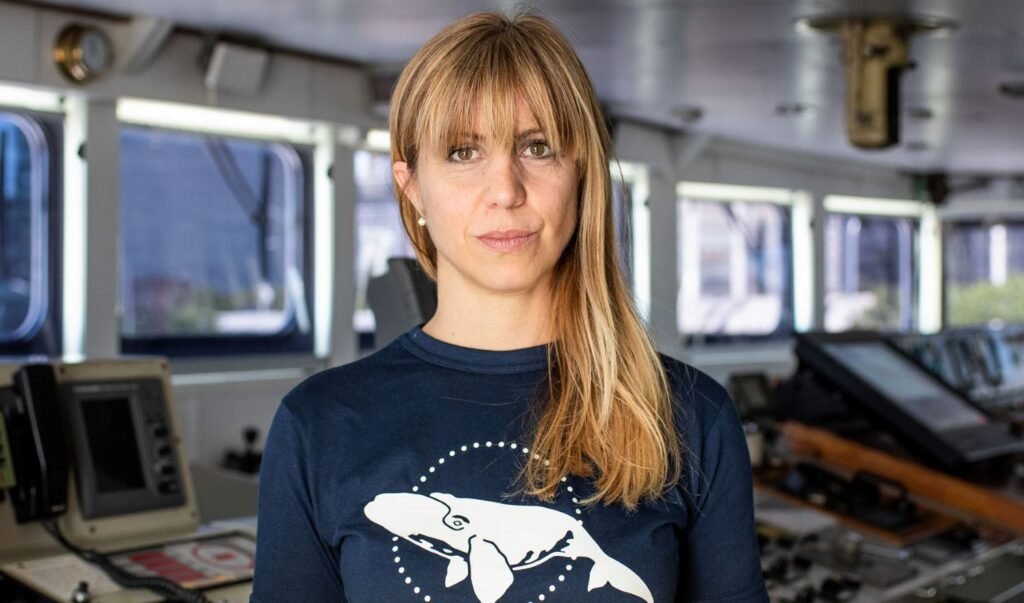The passion of Natalia Machain for environmental defense

Law as a starting point. Biodiversity as a lifelong cause. In the case of Natalia Machain, these two pillars come together in a professional path that makes environmental defense far more than an occupation—it is a way to intervene in the present. Since 2018, she has led Greenpeace Andino, a regional office that coordinates environmental action in Argentina, Chile, and Colombia. She does so through a legal, political, and strategic lens, focusing on threatened ecosystems and the structures that put them at risk—turning law into a tool for action.
Interdisciplinary training with an environmental focus
Machain holds a law degree from the University of Buenos Aires (UBA) and has deepened her expertise in complementary fields: Social and Political Anthropology (FLACSO), Environmental Economics, and Environmental Management (UCA and ITBA). This academic journey has shaped her approach to environmentalism, one that blends the technical with the human, the rule of law with the urgency of ecological crisis.
Campaigns connecting territory, law, and public opinion
Under her leadership, Greenpeace Andino has advanced campaigns designed to transform realities through direct action and the creation of knowledge. One such initiative was “Patagonia Without Salmon Farms,” focused on the harmful effects of the salmon industry in Chile’s Magallanes region. Another, the “Capybara Report,” brought national attention to the environmental impact of urban development on the Paraná Delta.
Legal advocacy and educational outreach
Machain has also driven legal actions and policy proposals, such as the Wetlands Law project, as well as initiatives aimed at protecting glaciers, forests, and oceans. In parallel, she has promoted educational and cultural content for children and youth, seeking to broaden the social base for environmental commitment.
A persistent form of commitment
Machain’s passion is not expressed through grandiose speeches or constant media presence. It is reflected in her consistency, in the networks she builds, and in her sustained participation in some of the most important environmental debates in the Southern Cone. Whether from the legal front lines or in the field, among bulldozers or in legislative halls, her name is associated with an understanding of law as a transformative tool and nature as a common good to be protected.
More than a career, her path reveals a vital commitment to finding viable ways for coexistence with the environment. Her work not only aims to halt damage but also seeks to reconfigure the relationship between human societies and the territories they inhabit. In that pursuit, her passion is fully expressed.
